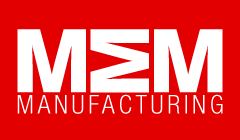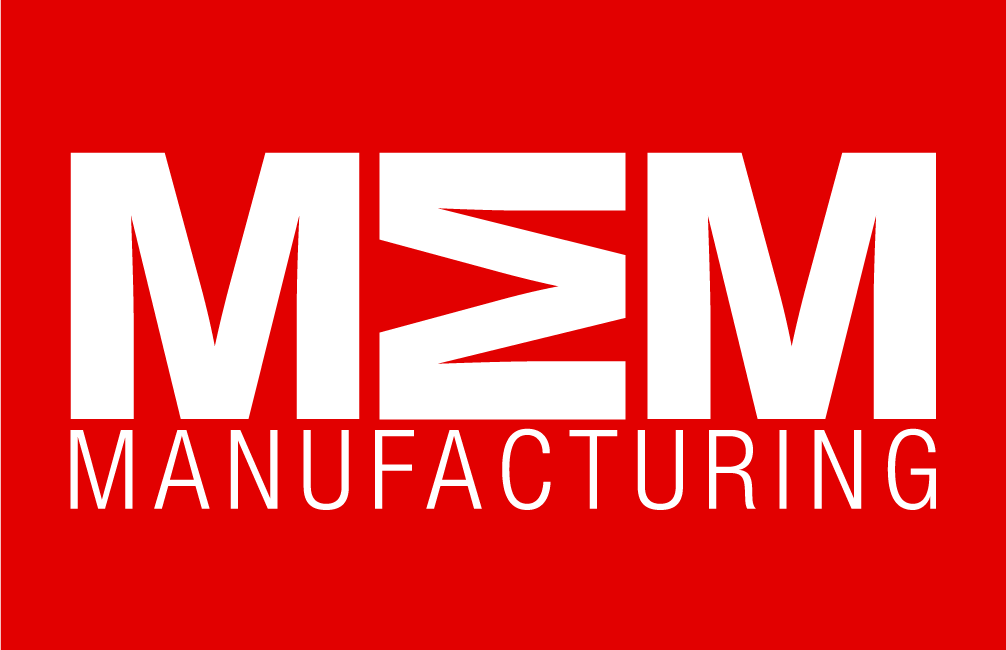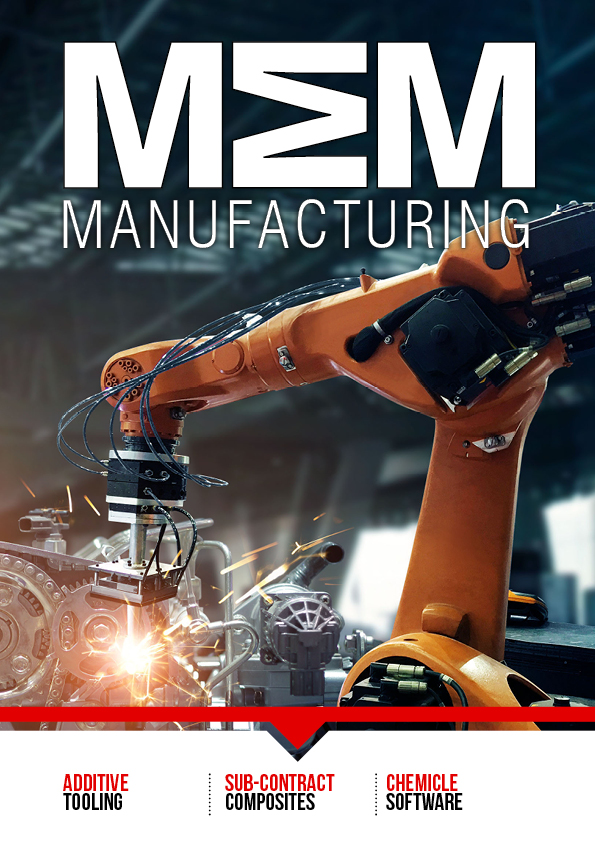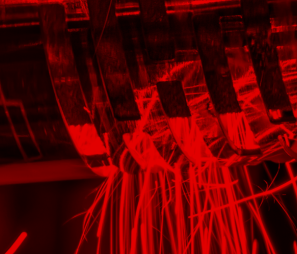Why EDIB is a must in Manufacturing : Adina Avram, Director of Talent Development and EDIB, Trivium Packaging
Research shows that when employees feel a sense of belonging and inclusion in their workplaces, there is a 56% increase in job performance, a 75% decrease in sick days, and a 50% reduction in turnover risk. Still, despite data clearly showing the workplace improvements EDIB can make, many in the manufacturing industry are not acting upon its benefits. Manufacturing is not alone in this: the Employer Survey 2022 by the Department for Work and Pensions found that one in five employers still see ‘no benefits’ to having a diverse workforce.
However, not introducing an EDIB strategy could leave your business vulnerable to growing challenges in the industry. Take the age gap as an example. The Manufacturing Institute found in a survey that 78% of respondents indicated they were very or somewhat concerned about the ageing workforce. For the resilience of the industry, we need clear action. Let’s explore why.
Overcoming the backlash
Many brands adopting EDIB strategies and diverse campaigns have been met with backlash. In the UK, for example, Costa Coffee faced backlash in the summer for including an illustration of a trans man on a delivery van. However, organisations cannot waver on their principles.
The reaction to EDIB proves we are challenging people’s beliefs, and signifies the importance of educating society on the importance of EDIB, to people, our communities, and our economy. To overcome polarisation, at Trivium, we have positioned our strategy as imperative and an integral part of business success. Which it is – diverse companies are statistically more likely to outperform competitors and make better business decisions.
A knowledge-retention risk
Here at Trivium Packaging, our average colleague is 46 years old. While an older workforce generally means you will have highly skilled and knowledgeable colleagues, it also poses a risk when people begin to reach retirement age. Without a diverse workforce, retiring colleagues will lose the opportunity to pass on knowledge and skills to the new generation.
We must ask then, how we can attract the newer generations to manufacturing. And, importantly, why we aren’t right now. Many recruitment issues stem from dated perceptions of what a job in manufacturing entails. An industry that once relied on heavy labour now uses technologies such as AI and IoT in the day-to-day, and many don’t realise how much the sector has evolved.
It’s not only about the perceptions of the industry. Newer generations are demanding transparency and change from their employees, with a Monster survey finding that 83% of Gen Z candidates consider a company’s commitment to Equity, Diversity, Inclusion, and Belonging (EDIB) an important factor when choosing an employer. With current statistics showing that only 26% of the workforce is female, and 13% of the workforce is from ethnic minority groups, it’s clear change is needed to appeal to the newer generations.
At Trivium, we’ve introduced several initiatives to bust public perceptions. On Manufacturing Day in the US, we now invite the community and local schools to tour our manufacturing sites to get a sense of what a day in the job entails. While we can show the new reality of manufacturing, we also need to demonstrate to new applicants that manufacturing is a workplace where you will be respected, represented, and empowered through equal opportunities.
Putting EDIB at the heart of your future
Many factors influence whether an organisation gives EDIB the investment it requires. In fact, in the UK, only 67% of manufacturers have an EDIB strategy or are planning to implement one. Change makes people uncomfortable and many can be fearful of adopting new ways of working after years – or decades – of habitual processes. However, with new generations expecting transparent and clear EDIB strategies from their employers, organisations won’t survive if they continue to ignore it.
Accepting this is one step, the next step is putting proper investment and infrastructure into the transformation. Not only will new procedures, policies, and metrics need to be put in place, but you will need to ensure your workplace is equitable, with the introduction of spaces such as a prayer room, breastfeeding room, and accessible toilets. In the case of manufacturing, this includes updating all equipment too, so that it accommodates different needs.
To drive this forward, businesses will need complete commitment from the C-suite; to set the standard, and outline their expectations of employees. In tandem, data collection will indicate whether initiatives are successful – test and learn will be important here. EDIB is not only about business performance, it creates space for a respectful and empowered workforce, which will permeate into society too. For a bright and resilient future in manufacturing, it’s clear that EDIB is a must.
Manufacturing & Engineering Magazine | The Home of Manufacturing Industry News














